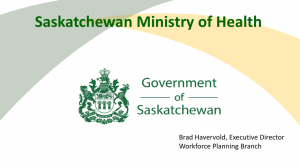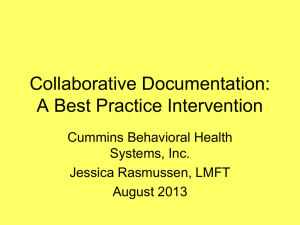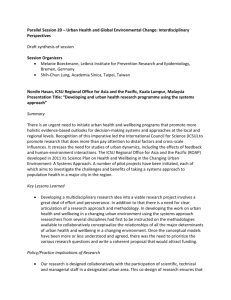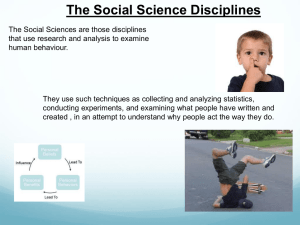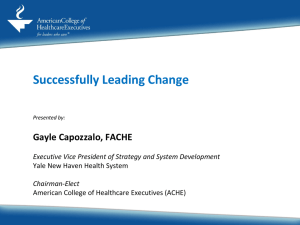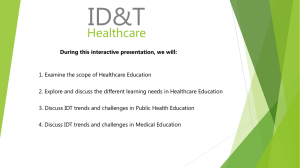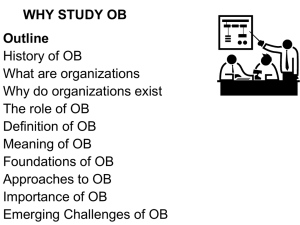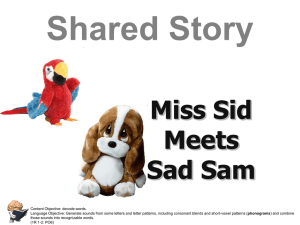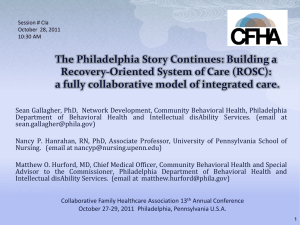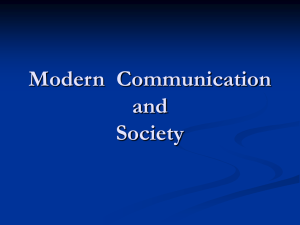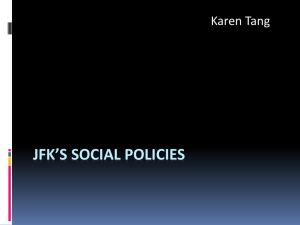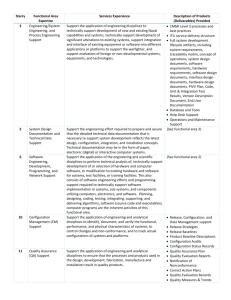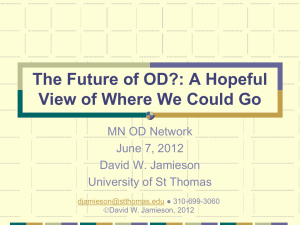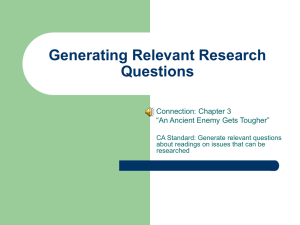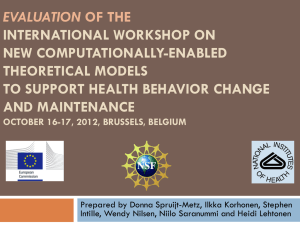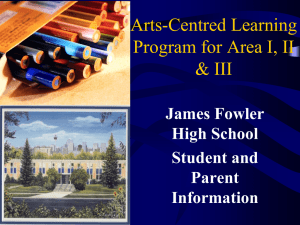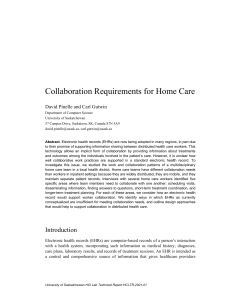Learning and Teaching Academic Standards
advertisement
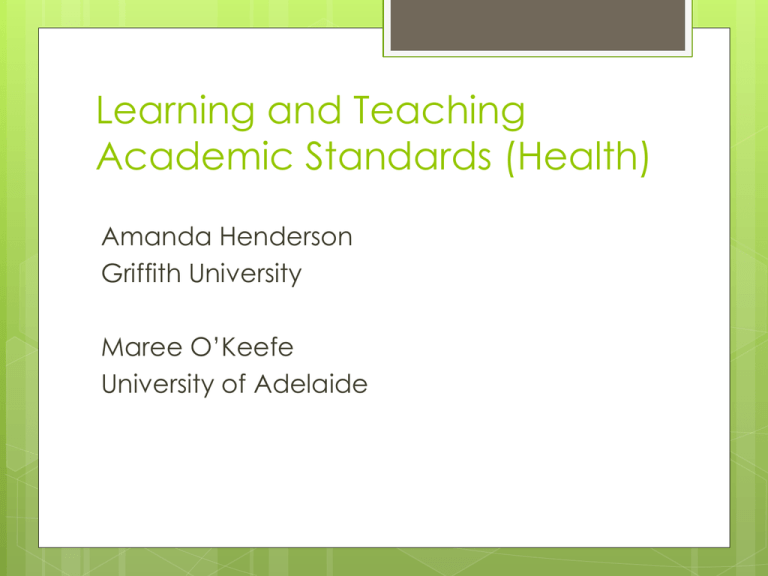
Learning and Teaching Academic Standards (Health) Amanda Henderson Griffith University Maree O’Keefe University of Adelaide ALTC Learning and Teaching Academic Standards (LTAS) Project Academic standards are learning outcomes described in terms of discipline specific knowledge, skills and capabilities Expressed as threshold learning outcomes that a graduate of any given discipline (or program) must have achieved Identifying common learning outcomes in health The LTAS project in Health, Medicine and Veterinary Science 26 healthcare disciplines 950 academic leaders 70 councils and professional bodies Grouped professional accreditation standards/competencies into common content domains - all 26 disciplines mapped Identified six threshold learning outcomes Threshold Learning Outcomes (Health) • Upon completion of their program of study, health graduates at professional entry level* will be able to: • Demonstrate professional behaviours • Assess individual and population health status and, where necessary, formulate and implement management plans in consultation with patients/clients/carers/animal owners • Promote and optimise the health and welfare of patients/clients and populations • Retrieve, critically evaluate, and apply evidence in the performance of health care activities • Deliver safe and effective health care in collaboration with other health care professionals • Reflect on current skills, knowledge and attitudes, and plan ongoing personal and professional development activities (*as defined by individual disciplines) Identifying common learning outcomes has contributed to work on… Link between professional accreditation and academic standards Common clinical assessment principles and tools across disciplines Nursing standards (exemplars under safe and effective collaborative care) Understands and practises within own scope of practice Recognises that the membership and roles of health care teams and service providers will vary depending on an individual's/group's needs and health care setting. Communicates nursing assessments and decisions to the interdisciplinary health care team and other relevant service providers Facilitates coordination of care to achieve agreed health outcomes Collaborates with the health care team to inform policy and guideline development Communicates effectively with individuals/groups to facilitate provision of care Delegates aspects of care to others according to their competence and scope of practice. Dentistry (safe and effective collaborative care) Recognise personal limitations and know when to refer or seek advice appropriately Understand his or her limitations and know when and how to refer a patient for an appropriate opinion and/or treatment, where the diagnosis and/or treatments are beyond his or her skills, or to confirm prescribed treatment Work productively in his or her role in the dental team and display appropriate professional behaviour towards other team members Contribute to teams of healthcare practitioners in delivering healthcare in a cooperative, collaborative and integrative manner Communicate effectively with other health professionals involved in patients’ care and convey written and spoken information clearly Communicate effectively and responsibly in all communication media Medicine (safe and effective collaborative Demonstrate a preparedness to work effectively in a team with other healthcare professionals Have developed communication skills, including being able to listen and respond, as well as being able to convey information clearly, considerately and sensitively to patients and their families, doctors, nurses, other health professionals and the general public Demonstrate a realisation that doctors encounter clinical problems that exceed their knowledge and skills, and that, in these situations, they need to consult and/or refer the patient for help in clinical, cultural, social and language related matters as appropriate Cues for assessment / student feedback demonstrates understanding of team processes contributes appropriately in team meetings acknowledges expertise and role of other health care professionals and refers/liaises as appropriate to access relevant services advocates for the patient/client when dealing with other services collaborates with the health care team and patient/client and to achieve optimal outcomes cooperates with other people who are treating and caring for patients/clients works collaboratively and respectfully with support staff greets others appropriately questions effectively to gain appropriate information Cues for assessment / student feedback listens carefully and is sensitive to patient/client and carer views respects cultural and personal differences of others gives appropriate, positive reinforcement provides clear instructions uses suitable language & avoids jargon demonstrates an appropriate range of communication styles (eg patients/clients, carers, administrative and support staff, health professionals, care team) recognises barriers to optimal communication uses a range of communication strategies to optimize patient/client rapport and understanding (eg hearing impairment, non-English speaking, cognitive impairment, consideration of non-verbal communication) appropriately uses accredited interpreters
